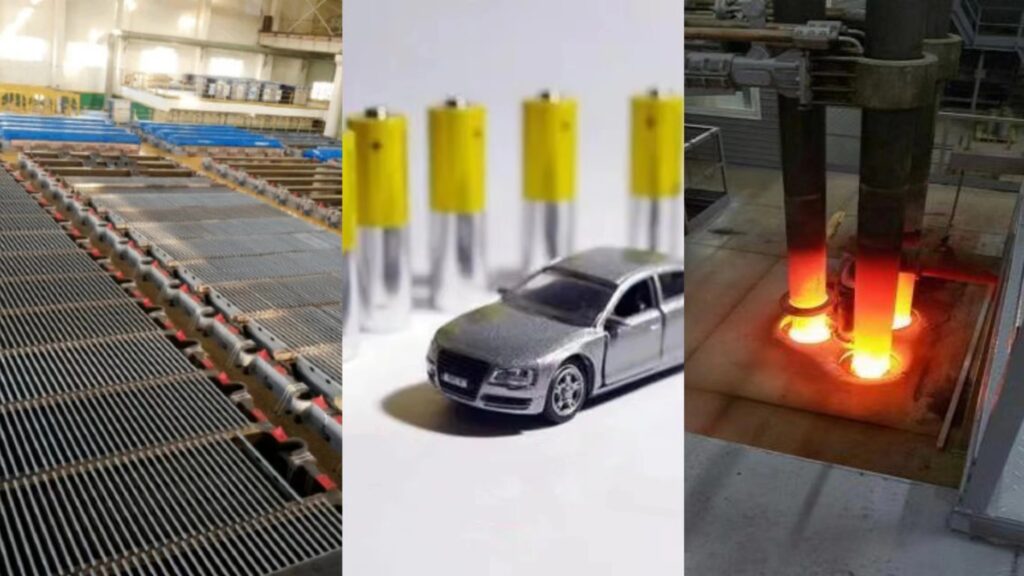Introduction
In electrochemistry, materials used as electrodes must display a unique set of properties. Graphite, specifically in the shape of graphite rod electrodes, has emerged as a favored material across various applications. This blog post explores why graphite rods have become a preferred electrode choice, examining their distinct characteristics and uses.
Table of Contents
Toggle
Understanding Graphite Rod Electrodes
Simply put, graphite rod electrodes are rods made of graphite used as electrodes in various electrochemical processes. Graphite, a form of carbon, is recognized for its unique properties like high electrical and thermal conductivity, chemical inertness, and high heat resistance, making it a desirable electrode material.
Applications
Graphite Rods for Electrolysis
They are widely used in electrolysis due to their excellent conductive properties and chemical inertness. During the electrolysis process, the graphite rod acts as an anode and loses electrons. These qualities ensure the smooth execution of electrolytic reactions, from water splitting to the production of industrial chemicals.
In Battery Technology
They play a crucial role in battery technology, particularly lithium-ion batteries, where they serve as the anode. Their ability to manage high energy densities without degradation makes them an ideal choice in this rapidly evolving sector.
In Industrial Processes
Several industrial processes, including electric arc furnace steelmaking and chemical production, use them due to their high heat resistance and conductivity. These processes require a stable, reliable, and efficient electrode material, and graphite rods meet these criteria.
The Rationale for Selecting Graphite Rods as Electrodes
High Electrical Conductivity
They display high electrical conductivity, an essential property for electrode material. This characteristic enables efficient electron transfer, a core requirement in electrochemical reactions.
Superior Thermal Conductivity and Heat Resistance
Their exhibit superior thermal conductivity and are resistant to high temperatures. Electrochemical processes often generate significant heat, and the ability of graphite to manage this heat without degrading is a considerable advantage.
Impressive Chemical Inertness
Graphite is chemically inert and does not readily react with other chemicals. This property is vital in electrochemical processes, as it ensures that it does not participate in the reactions, allowing accurate and predictable results.
Cost-Effective and Abundant
Another reason behind the wide usage of graphite rod electrodes is their relative abundance and cost-effectiveness. Compared to other materials with similar properties, graphite is readily available and economically viable, which adds to its appeal.
Conclusion
With their unique blend of properties, graphite rod electrodes have become a mainstay in electrochemical applications. Their high electrical and thermal conductivity, chemical stability, and economic viability make them a go-to electrode material. As the world continues to rely more heavily on electrochemical processes, their role will likely grow even more vital.



